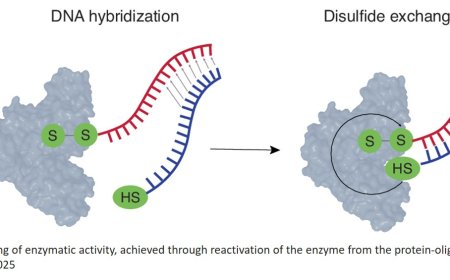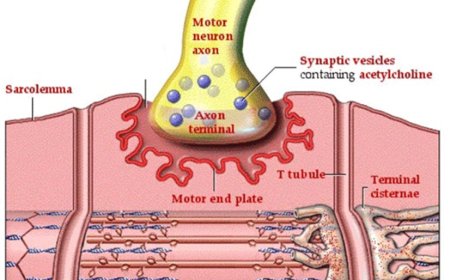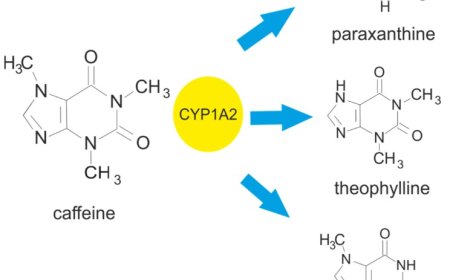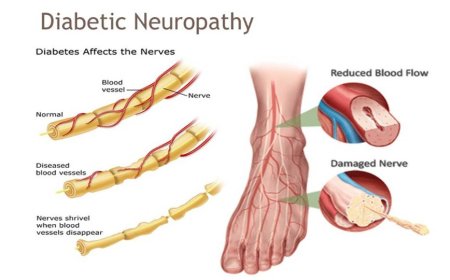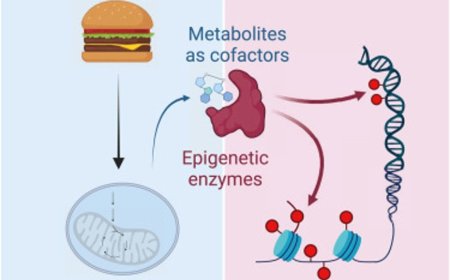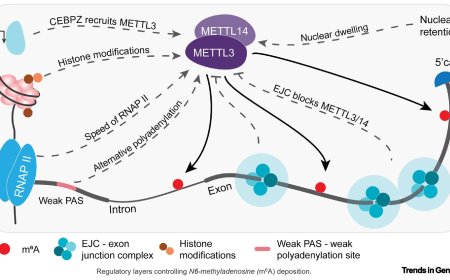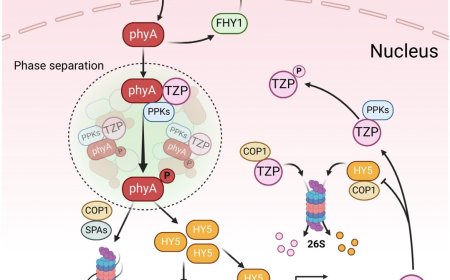A small-molecule to treat Alzheimer’s disease

In Alzheimer’s disease (AD), decreased expression of sirtuin 1 (SirT1) has been previously reported and is related to transcriptional repression by the major risk factor for sporadic AD, apolipoprotein E4 (ApoE4).
The researchers in this study discovered an orally brain-permeable small molecule, DDL-218, that enhanced SirT1 in ApoE4-expressing neuronal cells and a murine AD model.
The authors show that DDL-218 increased the transcription factor NFYb resulting in upregulation of PRMT5. Mechanistically, PRMT5 displaces ApoE4 binding to SirT1 gene promoter leading to increased SirT1 transcription.
In AD model, DDL-218 treatment elicited improvement in memory through enhanced SirT1 in the brain.
https://www.nature.com/articles/s41598-025-96131-2
https://sciencemission.com/ApoE4-targeted-small-molecule-SirT1-enhancer-for-Alz
